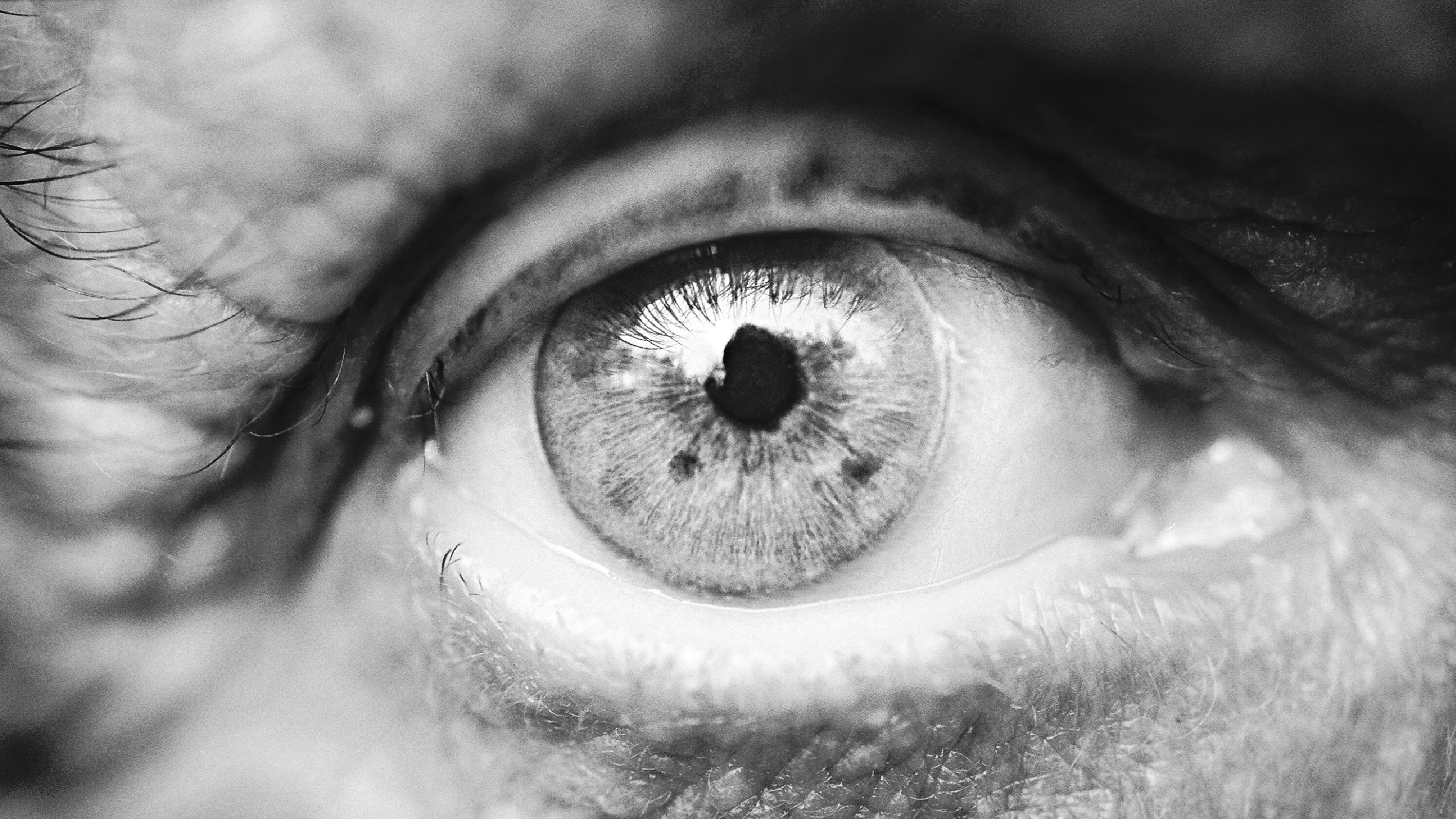Last week we discussed the importance of regular eye exams and how they can help prevent and catch issues early on. One common issue seniors face with their vision is the development of cataracts. Today, we’ll dive into the topic of cataracts and cataract surgery.
As people age their bodies change over time, and with that so do our eyes. Cataracts are a natural part of aging, almost like wrinkles on your skin – most people will develop them with time. The chances for that can be heightened depending on your risk factors. Cataracts are influenced by factors such as overall health, family history, and lifestyle choices. While almost everyone will develop cataracts eventually, the severity and impact on vision can vary widely.
A cataract occurs in the eye’s lens and causes cloudy and blurred vision. Luckily doctors have a surgery that fixes this problem and brings back clear sight. Considering this surgery? Here’s what you should know about how it works and how recovery goes.
What Are Cataracts?
A cataract happens when the eye’s lens gets cloudy and light doesn’t go to the retina. Some common signs include:
– Blurry or unclear vision
– Hard time seeing in the dark
– Trouble with bright lights
– Colors seem faded or yellow
– Needing new glasses often
Getting cataracts is normal as people age just like getting wrinkles. Health choices family history and lifestyle can probably affect how fast it happens. But not everyone is affected in the same way.
What Is Cataract Surgery?
In cataract surgery, doctors take out the cloudy lens in your eye and put in a new clear lens called an IOL. People usually leave the clinic that same day.
What to Expect
1. Before Surgery
Your eye doctor checks your eyes to pick the best IOL for you. They tell you how to prepare like what food to avoid and how to get a ride home.
2. During Surgery
On surgery day they numb your eye with special drops or maybe give you something to relax. The surgery takes less than an hour. The doctor cuts a small hole in your eye removes the cloudy lens and puts in the IOL. New methods keep the process easy with little pain.
3. After Surgery
You rest a bit after the surgery to be sure there are no problems. Your vision usually gets much better in just a few days. The eye may feel dry or watery but it heals quickly.
Recovery & Care After Surgery
To heal well and get good results ensure you:
– Use the eye drops your doctor gives you to prevent infection
– Keep away from tough workouts and bending
– Protect your eye with a shield or glasses
– Go to follow-up visits to see how the eye heals
How Does Vision Change After Surgery?
For most people, eyesight gets much clearer after the surgery. Colors probably seem brighter and things like reading or driving get easier. Some vision changes may happen in the first few days but the eye should adjust.
When To Call Your Doctor
Call your doctor if you have any concerns with:
– Strong pain
– Sudden loss of vision
– Redness or swelling that doesn’t go away
Cataract surgery helps you see better and improves life. Taking care before and after surgery is very important. If you have concerns or need advice contact your eye doctor any time; their goal is to help you see again.
Written for Senior Industry Services by Lauren Hope Bartling









